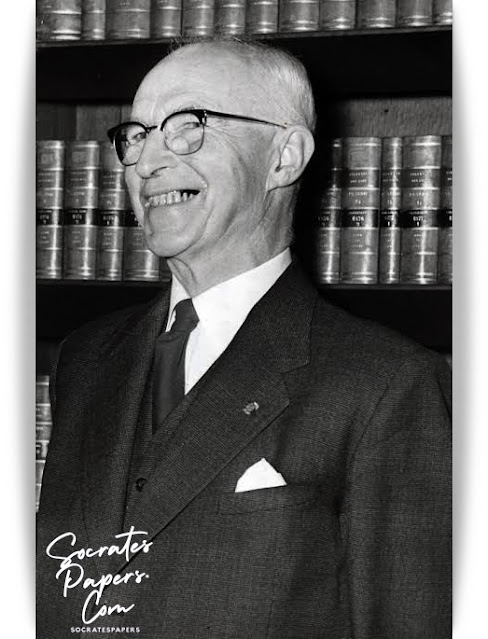Benedictus de Spinoza Natural Law - "Ethics" and "Political Theological Treaty"
Biography of Benedictus de Spinoza
Benedictus de Spinoza was a Dutch scholar, Benedictus de Spinoza lived in 1632-1677.
Benedictus de Spinoza's most important book in thinking about the state and law is: "Ethics", which is arranged geometrically. And "Political Theological Treaty".
Although Benedictus de Spinoza was a scholar of natural law, his opinion was very different in many ways.
Spinoza said that the natural law is not a Sollen, but is a Sein.
Natural Law according to Spinoza
So thus Spinoza does not say how the person should be, but what is being stated is: how the person should be in his natural state.
According to Spinoza, human beings, whether when they are still in a natural state, or after becoming a state, their actions are not merely guided or based on reason alone, most of their actions are influenced by their passions.
In fact, this is what gives human action a color. Furthermore, Spinoza said that, if human actions are only based on reason alone, this does not give satisfaction.
Because humans as social beings need peace.
On the other hand, if human actions are based solely on desire as in its natural state, it will also not give satisfaction, because in addition to desire humans have a ratio.
Such human nature traits will not be released even though humans have lived in the state.
So one of the questions raised by Spinoza is, how is it possible for a person who originally lived in a state of nature, in a natural state, to change to a state state, where he lives under state control and is always bound by all the rules and / or laws -invited.
This is explained by Spinoza, that in a natural state humans do live with all their passions, but this does not give satisfaction, because as social beings humans want to live in peace, security, serenity and without fear.
It is to achieve this goal that humans form the state. Regarding the existence of a state according to Spinoza, whether it is due to a community agreement or not, is not very clear. Because it only explains logically the transition from the natural state to the state state.
According to Spinoza, the state's duty is to maintain peace, peace and eliminate fear. So to achieve this goal, citizens must obey all the rules and laws of the state, he must not argue, even though the state regulations or laws are unfair and detrimental in nature. Because if this is not the case, then the natural state will arise again. Thus, state power is absolute towards its citizens.
There are only two things that cannot be controlled by the state absolutely, namely thinking and weighing.
So as a consequence, if most of its citizens do not want to submit, do not want to obey, the state cannot do anything about it.
Regarding the form of state chosen by Spinoza is the form of Aristocracy, because here the ruling is a few people, and the basis of power will be stronger and stronger than in a monarchy which is only ruled by one person, which is always influenced by personal interests, especially if it is hereditary, so basically the monarchy is rejected. Spinoza's thinking has not reached Democracy, because he has died.
All of Spinoza's teachings show more of a way of thinking, which is based on reality, and has replaced an abstract view of the structure of government with a view based on reality, in which real conditions dominate the mind of the state and the whole law.
The tendency to shift from an abstract way of thinking towards the practice of statehood was more evident in the mind of an English scholar, who was the bridge between thinking about state and law in the eighteenth century and thinking about state and law in the eighteenth century, with the result that thinking about state and law The state and law of the eighteenth century are completely different from the nature of thinking about states and laws in the eighteenth century.
The scholar in question is : John Locke .






